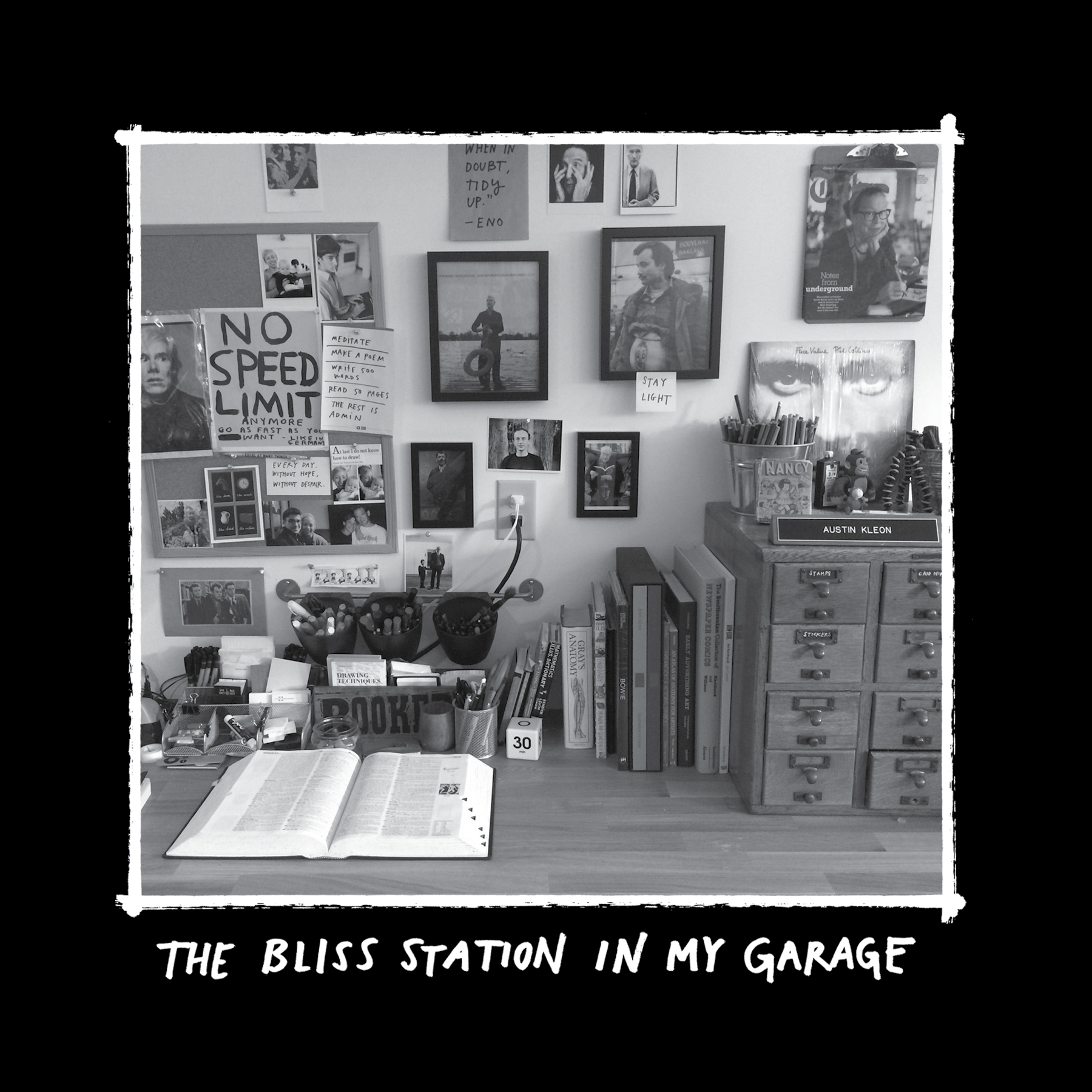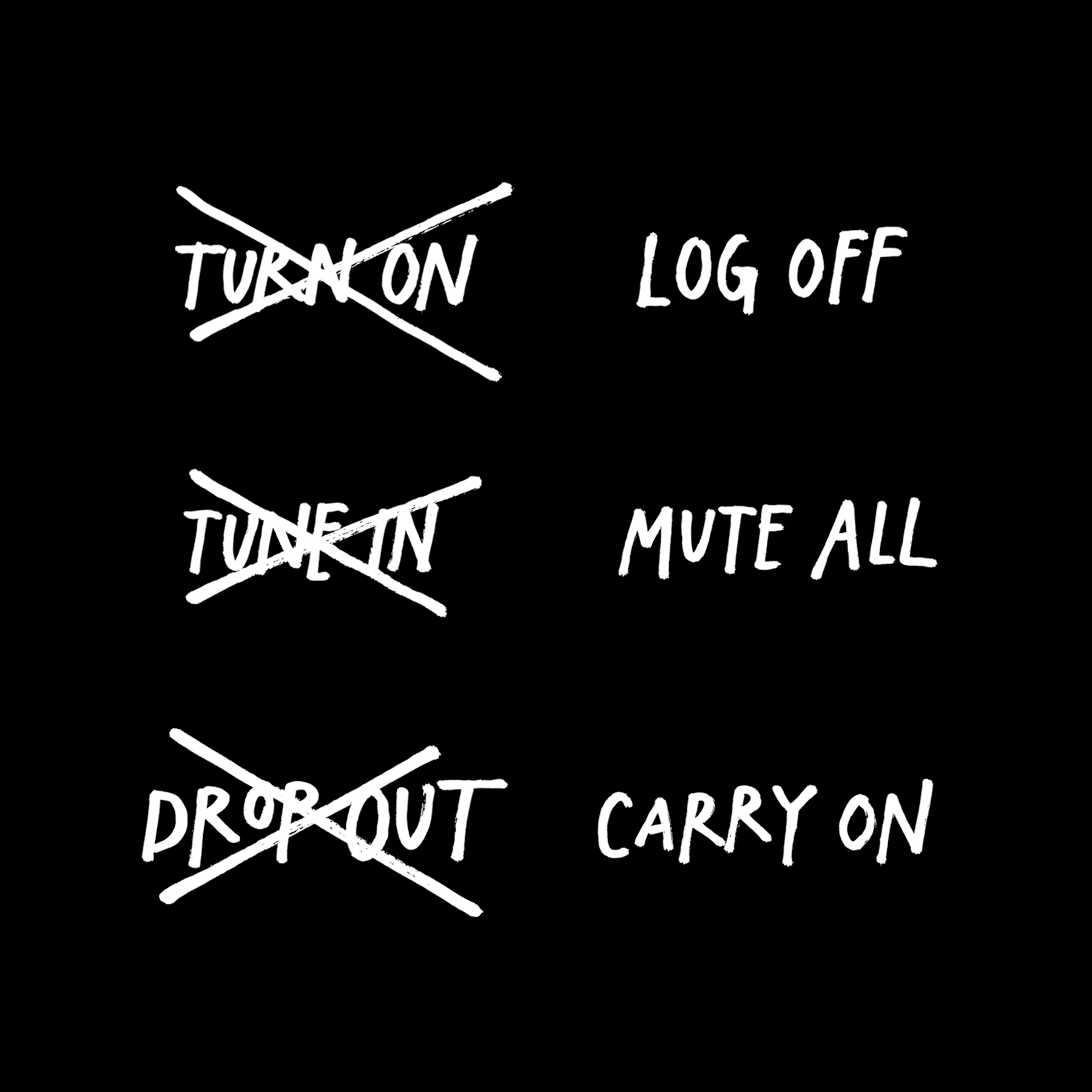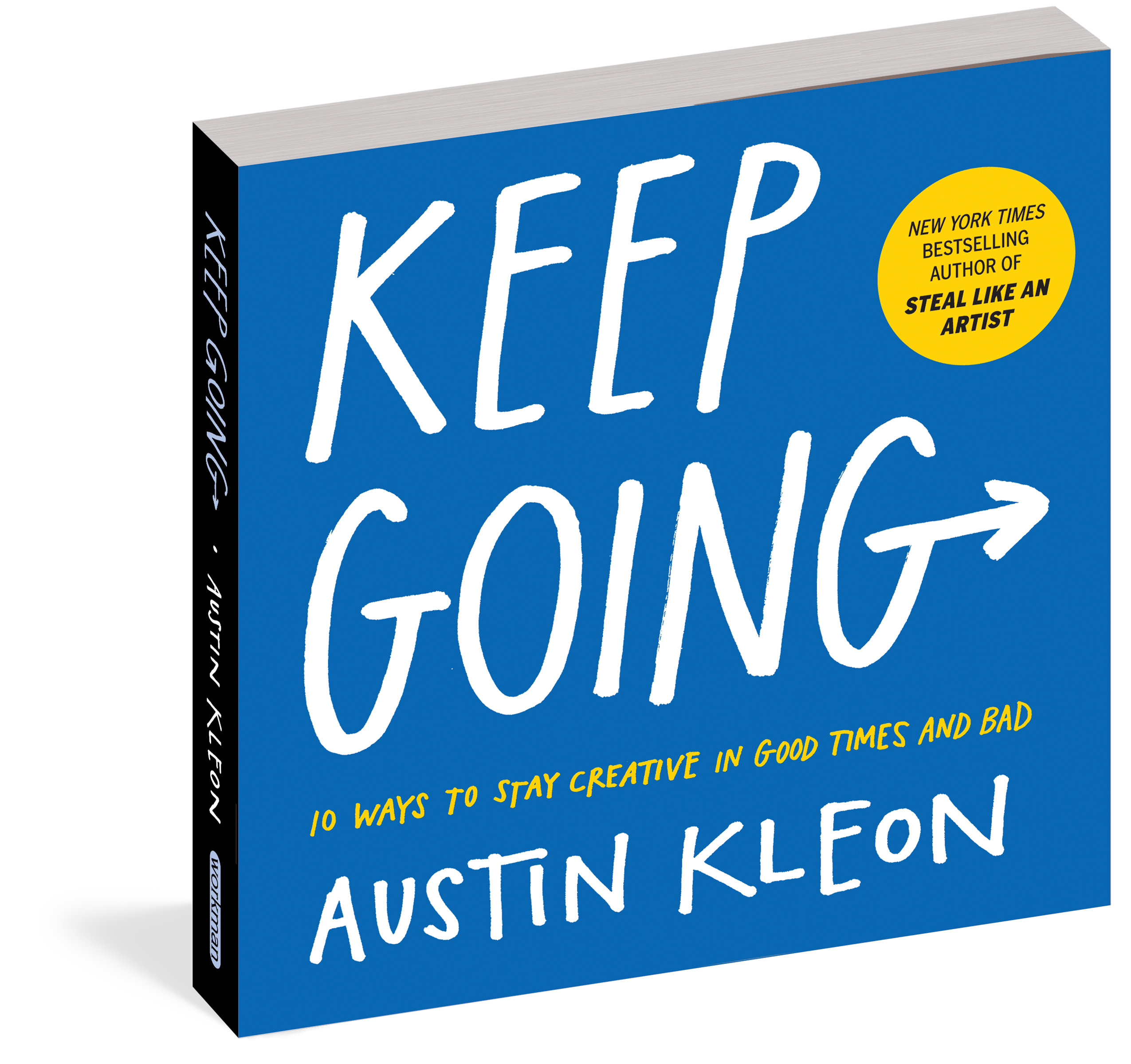Creativity is about connection—you must be connected to others in order to be inspired and share your own work—but it is also about disconnection. You must retreat from the world long enough to think, practice your art, and bring forth something worth sharing with others. You must play a little hide-and-seek in order to produce something worth being found.
Silence and solitude are crucial. Our modern world of push notifications, 24/7 news cycles, and constant contact is almost completely inhospitable to the kind of retreat artists must make in order to focus deeply on their work.
In The Power of Myth, Joseph Campbell said everyone should build a “bliss station”:
You must have a room, or a certain hour or so a day, where you don’t know what was in the newspapers that morning, you don’t know who your friends are, you don’t know what you owe anybody, you don’t know what anybody owes to you. This is a place where you can simply experience and bring forth what you are and what you might be. This is the place of creative incubation. At first you may find that nothing happens there. But if you have a sacred place and use it, something eventually will happen.
Note that Campbell says you must have a room or a certain hour. A bliss station can be not just a where, but also a when. Not just a sacred space, but also a sacred time.

The deluxe package would include both a special room and a special hour that you enter it. But I think one can make up for a lack of the other. For example, say you have a tiny apartment you share with small children. There’s no room for your bliss station, there’s only time. When the kids are asleep or at school or day care, even a kitchen table can become a bliss station. Or, say your schedule is totally unpredictable and a certain time of day can’t be relied upon—that’s when a dedicated space that’s ready for you at any time will come in handy.

What’s clear is that it’s healthiest if we make a daily appointment to disconnect from the world so that we can connect with ourselves. Kids, jobs, sleep, and a thousand other things will get in the way, but we have to find our own sacred space, our own sacred time.
“Where is your bliss station?” Campbell asked. “You have to try to find it.”
“The greatest need of our time is to clean out the enormous mass of mental and emotional rubbish that clutters our minds and makes of all political and social life a mass illness. Without this housecleaning, we cannot begin to see. Unless we see, we cannot think.”
—Thomas Merton

Excerpted from Keep Going: 10 Ways To Stay Creative in Good Times and Bad by Austin Kleon (Workman). © 2019.
Follow us here and subscribe here for all the latest news on how you can keep Thriving.
Stay up to date or catch-up on all our podcasts with Arianna Huffington here.


